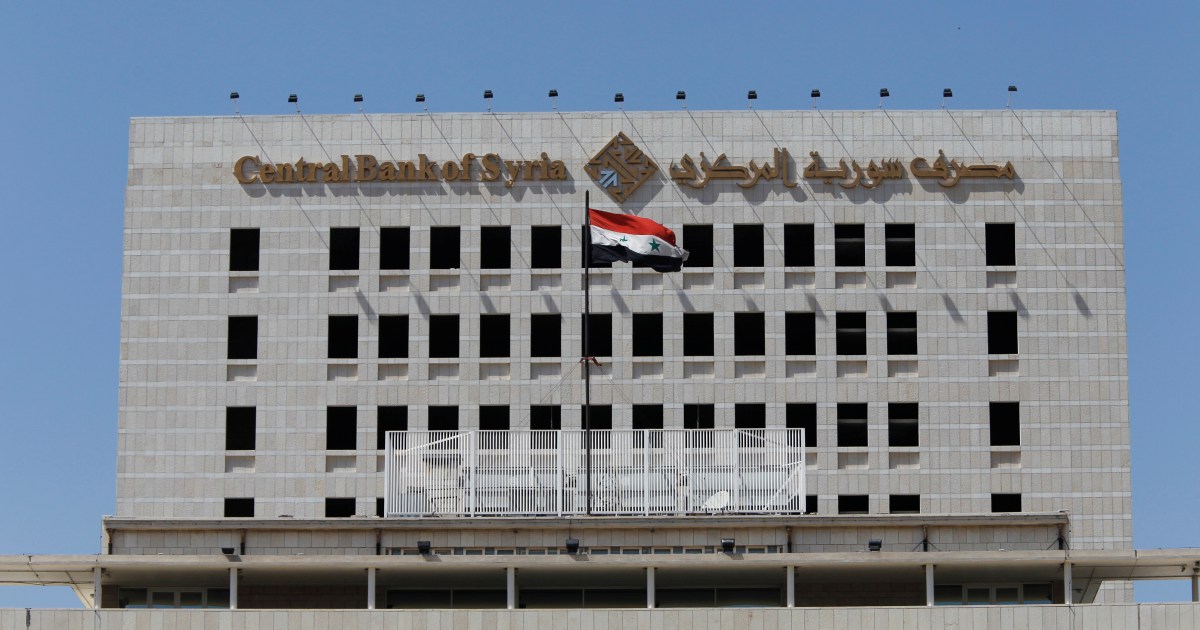Today, the administration of US President Donald Trump imposed sanctions on 17 people and Syrian entities, under the "Caesar Act" to hold Syrian President Bashar al-Assad and his supporters accountable, including the governor of the Central Bank and the head of General Intelligence.
With its new sanctions, the US Treasury Department targeted 13 entities and 6 individuals, including the governor of the Syrian Central Bank, Hazem Karfoul, on charges of financing the Bashar al-Assad regime.
The sanctions of the US State Department affected 3 figures in the Syrian regime, including the commander of the Fifth Corps in the regime’s army, Major General Milad Jadid, accusing him of being involved in preventing the ceasefire in the country.
The US administration's sanctions freeze any assets in the United States for those on the blacklist, and generally prevent Americans from doing business with them.
The US State Department said that sanctions against senior officials and military commanders in Syria will not stop until the Bashar al-Assad regime takes firm steps to end the violence and implement UN Security Council Resolution 2254.
Resolution 2254, issued on December 18, 2015, calls on all parties to the Syrian war to immediately cease launching attacks against civilians.
Funding the regime
US Treasury Secretary Stephen Mnuchin said that his country "will continue to employ all its tools and powers to target the money of anyone who benefits from the Assad regime, or facilitates its violations against the Syrian people."
The Syrian war that erupted in 2011 after the authorities' suppression of peaceful demonstrations demanding the departure of the regime has caused millions of Syrians to flee their country, and to displace millions of others inside the country.
Today, Washington's sanctions targeted the head of the Syrian General Intelligence Directorate, Hussam Muhammad Luqa, the Syrian Ministry of Tourism, the Syrian businessman Khader Taher bin Ali, who the Treasury Department said is linked to the Assad government, and his group of companies.
And the Treasury Department authorized the continuation of the necessary transactions and activities with the Ematel company, which was founded by Khader Taher Ben Ali, until December 30th, before the completion of these works.
America accuses Khader Taher of being a major supplier to the Fourth Division in the Syrian army, by establishing a private security company that has become the "unofficial executive arm" of the division.
The Caesar Act:
The US Caesar Act came into effect last June, and it grants the US President the right to impose sanctions on persons and entities if they provide financial or technical support to the Syrian regime, or have contracted with any official institution affiliated with him or entities controlled by the government. .
The law derives its name from the pseudonym of a defector from the Syrian regime forces, who carried out one of the largest individual acts of documenting the crimes of the Syrian regime after he leaked pictures of the bodies of victims of torture in prisons and starvation crimes between 2011 and 2013.
It is noteworthy that the Syrian regime is subject to a package of US and European sanctions that have imposed a freeze on the regime’s assets and hundreds of companies and individuals associated with it.
Washington already bans exports to Syria and investment there by the Americans, as well as transactions related to oil and other oil and gas products.

